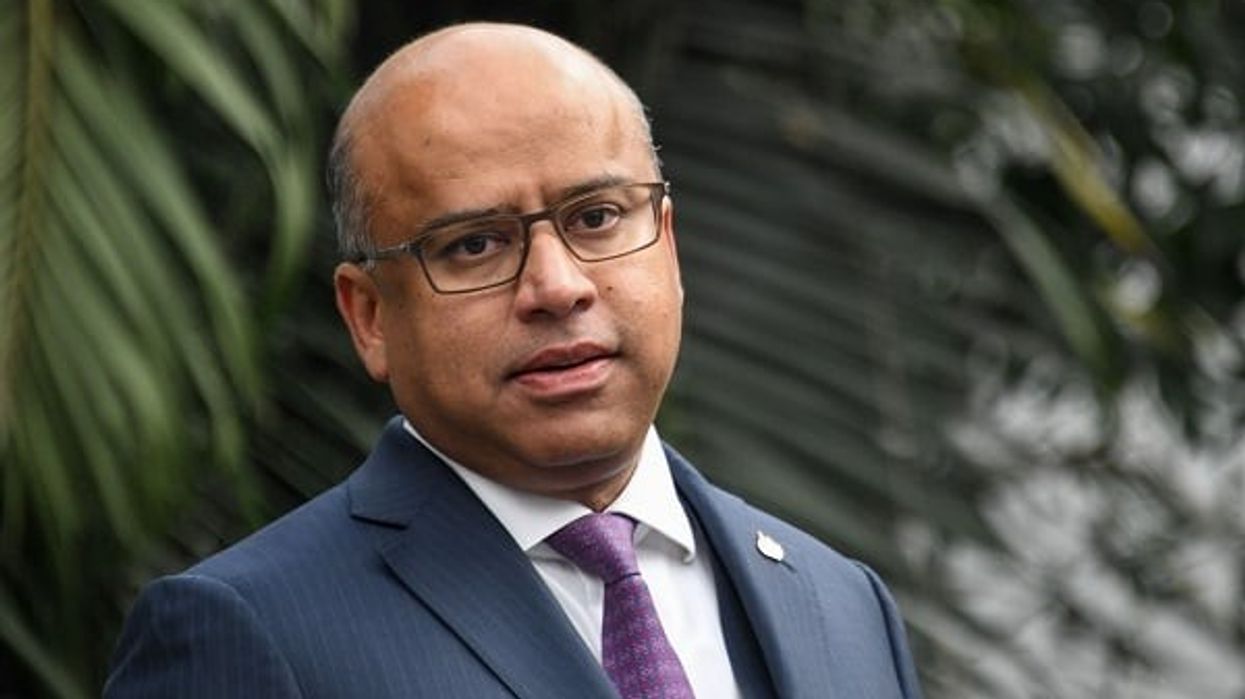THE chairman of the Business Committee of MPs, Darren Jones, accused the steel magnate Sanjeev Gupta of being “deeply discourteous” over his refusal to appear before MPs.
Jones said the businessman must explain the way his empire is run, sending him a list of 36 questions.
The committee is investigating Liberty Steel and the future of the UK steel industry. MPs are also looking at the collapse of Greensill Capital, key financier of Gupta’s GFG Alliance, which had an exposure of around £3.6 billion.
GFG’s companies – which includes Liberty Steel – were paid £350 million across seven government-backed Coronavirus Large Business Interruption Loan Scheme (CLBILS) loans from Greensill, the Independent reported.
Gupta was asked to appear before MPs but refused. He has only agreed to send written evidence to the committee.
Jones wrote, “The public will infer what they will from your refusal to appear.”
“Given the broader importance of these issues, as well as their centrality to our inquiry, you will appreciate the need for detailed and comprehensive answers,” Jones added.
“I expect your written submission to answer each individual question in turn and will not accept attempts to avoid questions by providing sweeping general answers in a format to your liking.”
The committee has also criticised GFG’s structure for being too opaque.
Firms under the GFG group are linked through their ownership by Gupta and his family, but they are not formally part of a group.
Questions to the businessman cover issues including allegations that GFG used fake invoices and so-called circular financing.
Besides, MPs want to know how the government loans were spent by Liberty Steel, whether GFG Alliance companies were divided into separate legal entities to bypass the £50m lending limits on CLBILS loan guarantees.
The committee also asked whether Gupta personally lobbied any current or former government ministers or officials.
“Liberty Steel companies have received hundreds of millions in taxpayer-backed loans and the GFG Alliance has been in receipt of millions more in government guaranteed-funding,” Jones said.
Considering the taxpayers’ substantial exposure to GFG Alliance, it is right for Parliament, and the public, to expect Gupta to come forward with meaningful responses to key questions.
Besides the committee, several other organisations are investigating into GFG Alliance and Greensill Capital.
These include inquiries by the Treasury Select Committee the Public Accounts Committee and the Public Administration and Constitutional Affairs Committee.
The Serious Fraud Office’s investigation into GFG and its financing arrangements with Greensill.
The National Audit Office is also probing Greensill’s involvement in a government-backed pandemic loan scheme, which is also being looked at by the British Business Bank.
The accounting watchdog, the Financial Reporting Council (FRC), is also investigating the auditors of Greensill and Wyelands Bank.




